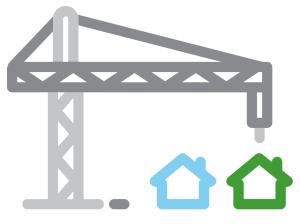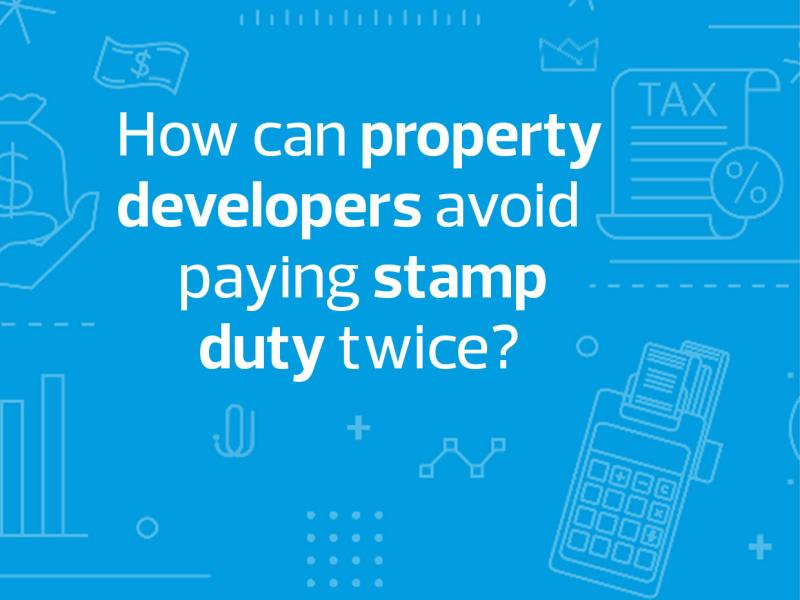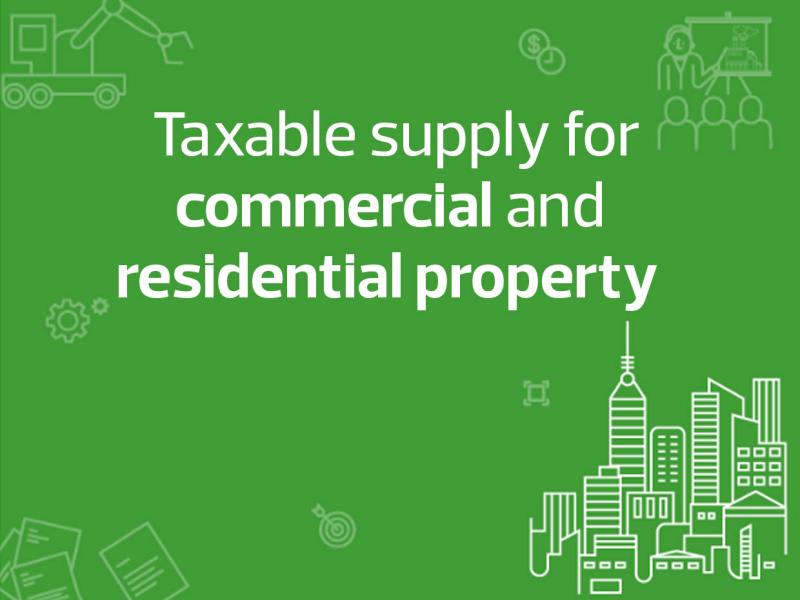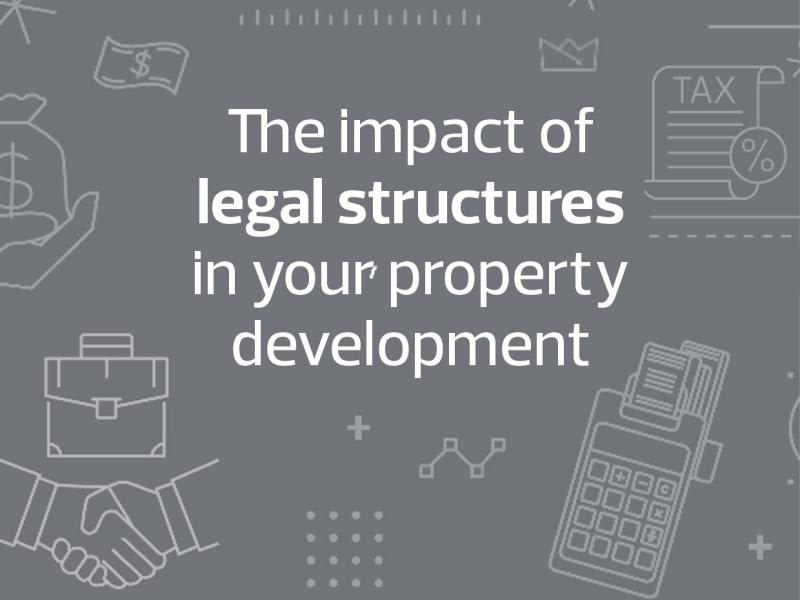For many developers, the question that inevitably arises is how the development should be (or could be) funded. In answering this question, various factors need to be considered in the context of the particular facts and circumstances of each developer and the proposed development.
More often than not, developers will be well versed in the basic factors that need to be considered such as determining the appropriate mix between the developers own funds and funds that may be advanced by a third party.
This is the case even when those funds should constitute ‘debt’ (loans) or ‘equity’ (shares or trust capital), the terms and conditions associated with the funds advanced (costs, duration, repayment, share of profit), and the economic feasibility of the development thereon.
Additional considerations come into play at a higher level which are quite often overlooked. These considerations may include:
- the preferred structure of the debt and/or equity for both the developer and the third party (whom advances what to where, which entities within the development group are involved, and what is their scope under the arrangement);

- the security and recourse associated with the funds advanced;
- the type of instruments that may be used (preference shares, convertible notes, profit participating loans, joint venture or property development agreements);
- the income tax or stamp duty considerations that may arise (thin capitalisation, debt/equity rules, withholding taxes, deductibility of interest, landholder duty); and
- the impact of these factors on overall risk, economic feasibility, and bottom line profit.
Whilst ‘complex’ does not always mean ‘better’, ignorance as to the different means of funding a development may lead to an outcome that is far from bliss. By ensuring that a developer is equipped with an arsenal of different funding options and strategies at their disposal, the chances of securing and completing a successful development are significantly increased.
To continue reading click the button below to download the 5-part Property and Development Series.
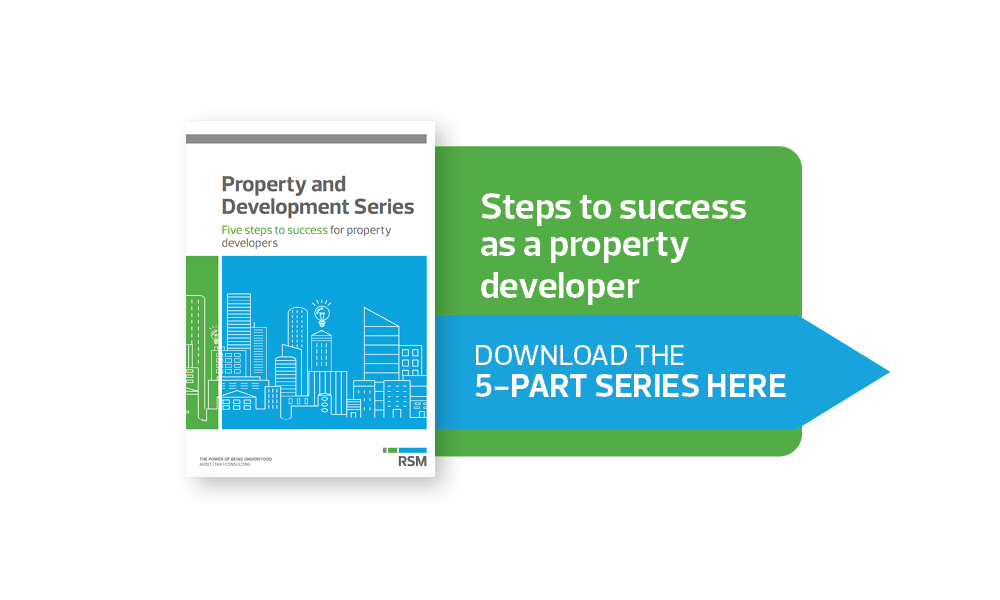
If you have any questions about the content contained in this article, please get in touch with your local RSM property and construction expert or contact Adam Crowley directly.



